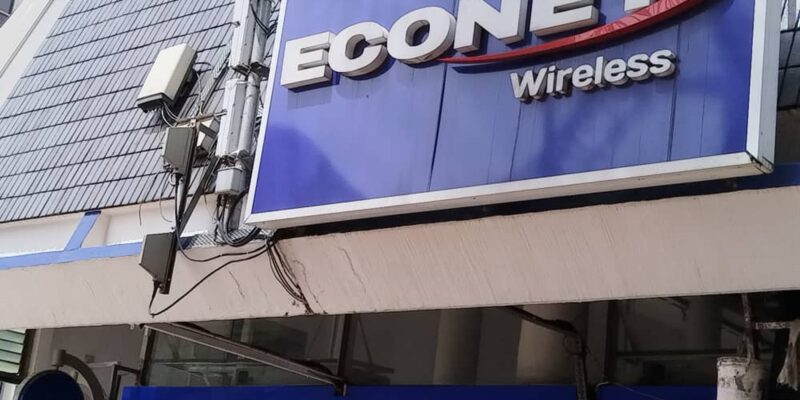In a digital economy where internet access determine’s opportunity, Econet’s SmartBiz package has positioned itself as a solution for small businesses, remote workers, and digital entrepreneurs.
For only $45 a month, users get “unlimited data access” with internet with speeds of up to 5Mbps, enough for basic connectivity, streaming and downloading.

While SmartBiz has helped many Zimbabweans get online, it now faces serious competition from newer technologies like Starlink.
By Ruvarashe Gora
It’s imminent introduction to the market ruffled up feathers forcing internet services providers to relook into their pricing models, greatly slushing data prices
Econet’s SmartBiz is an LTE-based internet service that runs on Econet’s 4G mobile network. It is designed for ease of use, operating through a plug and play MiFi device or LTE router. Users don’t need fibre cables, satellite dishes, or technicians, but network coverage and a compatible device. Once activated, SmartBiz provides users with unlimited internet, though it comes with a 1TB fair usage threshold.
One of the most appealing features of SmartBiz is its simplicity and portability. Entrepreneurs, small business owners, students, and content creators can work from virtually anywhere with a stable Econet signal. In urban and peri-urban zones where fibre hasn’t reached, or where satellite internet is too expensive to install, SmartBiz has allowed digital inclusion at a relatively low entry cost. The plan has enabled informal traders to run mobile businesses, educators to teach online, and remote workers to connect to global clients from their homes.
Beyond basic connectivity, SmartBiz has supported Zimbabwe’s informal economy, which relies heavily on social media, mobile commerce, and digital communication. It has helped create micro-opportunities for people who would otherwise be excluded from the internet economy. In this way, SmartBiz has been a meaningful tool for empowerment and productivity.
However, SmartBiz now faces intense pressure from rapidly evolving alternatives, like Starlink, a low-orbit satellite internet service offering speeds of up to 100Mbps for $30 a month. Though Starlink requires a one-time installation fee for the hardware, many Zimbabweans see the faster speeds and true unlimited access as a better long-term investment especially those who need to stream, host meetings, or transfer large files. The 5Mbps cap on SmartBiz feels increasingly outdated, with users questioning whether it still delivers fair value.
SmartBiz also struggles with performance reliability. During peak hours or in densely populated areas, speeds can drop drastically. Users have reported average speeds of just 1–2Mbps, and in some cases, failed connections entirely. For those trying to run an online business or participate in remote work, this unreliability can be costly. Moreover, once the 1TB threshold is crossed, performance dips further, making it harder to complete data-heavy tasks.
The competition from Starlink has only heightened user frustration. For less money and much faster internet, Starlink offers an option that was once unthinkable in Zimbabwe: reliable, high-speed internet at scale. The contrast has exposed SmartBiz’s weaknesses and raised new expectations among consumers. On social media, some Zimbabweans have expressed disappointment, urging Econet to either upgrade the service or reduce the price.
Still, SmartBiz isn’t without potential. It remains more accessible in terms of startup cost, with no hardware fees, no technical setup, and faster deployment compared to satellite options. It is ideal for users in areas with strong LTE coverage and for tasks that do not require high bandwidth. For the many Zimbabweans who can’t yet afford Starlink or fibre, SmartBiz continues to fill a vital gap.
SmartBiz once helped close the internet access gap in Zimbabwe. But in 2025, the landscape has changed. With Starlink shaking up the market and users demanding more for less, Econet must evolve SmartBiz into a faster, smarter, and more dynamic service, before the competition leaves it behind.














Comments